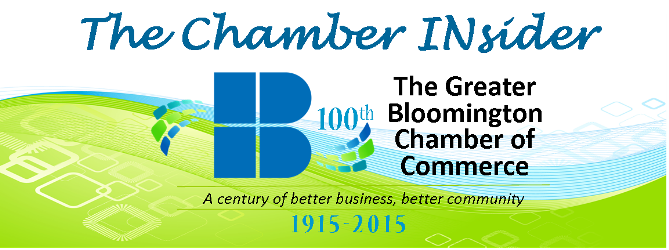Many youth service providers feel they need to invent their own unique program. Not so. Plenty of proven, off-the-shelf models and programs are out there just waiting for the right application. Odds are, some of them are designed to produce the exact outcomes you are looking for.
Here are 10 reasons to check them out and find one that works for your clientele.
- They Work. ‘Evidence-Based’ means it’s based on research. In addition, there has usually been some kind of quasi-experimentation involving pre- and post-testing and comparisons with control groups.
- They’re Fundable. Over the past ten years, funding agencies, especially federal funders, have increasingly called for evidence based programs. Sometimes they even provide a shopping list of programs that they are willing to fund.
- Just Add Water. There’s no need to spend time developing procedures, creating forms, and designing programs. All these have already been developed, probably by someone who knows more about what works than you do.
- Instructions. The manual is already written, usually in step-by-step format.
- Tried and True. That means you don’t have to go through months and years of trial and error.
- Training. This is often viewed as an expensive burden, but the truth is, there is no better professional development opportunity than individualized attention by a good program developer. Later, your own staff member can become a trainer, providing a new revenue stream as you are approached by other organizations looking for a nearby trainer.
- Adaptability. Good models come with suggested ways to tailor the programs to specific situations. For instance, a dropout prevention program originally designed to be implemented in schools may have applications for juvenile probation, or a mentoring organization.
- Curriculum. If your program requires any kind of presentations or instruction to others, it can take years for staff to develop the best, most concise way to present the information.
- Ongoing support. After the initial training, the program developers will usually make a certain amount of hours available during the next 12-24 months when you can call with questions or to troubleshoot. Again, you have the benefit of relying on the experience of others.
- Evaluation protocols. Good programs come with instructions regarding what kind of outcomes to measure, where to get the data, and how to measure results. That means you don’t need to spend a lot of time developing a detailed evaluation plan to measure your results.
- (I know I said 10, but I’m on a roll) Instant credibility. If you’re out there trying to get money to start up a proven program, you can point to the success other communities that have implemented the program. The best is to point to a nearby community of similar size and demographics.
Where can you find information about these evidence-based programs? Here are some of my favorite databases:
- National Dropout Prevention Center. This is my favorite. Includes more than 260 programs, rated from 1 to 3 based on their proven effectiveness. Bookmark it now. http://www.dropoutprevention.org/model_programs/default.htm
- The Substance Abuse and Mental Health Services Administration’s National Registry of Evidence-based Programs and Practices (NREPP). An extensive, searchable, and well-organized database. http://nrepp.samhsa.gov/find.asp
- The U.S. Department of Education Institute of Education Sciences ‘What Works Clearinghouse.’ Definitely worth a look. http://ies.ed.gov/ncee/wwc/
Here in Bloomington, Indiana, lots of proven programs big and small are in place and at work as I write this sentence. All of which appear on one or more of these databases. These include:
- AVID
- Check & Connect
- LifeSkills
- ATLAS
- Big Brothers/Big Sisters
- Boys & Girls Club
- Reconnecting Youth
- NovaNET
- Early College
Life is hard enough for nonprofits. Make it easier! Your board, staff, and clients will benefit.
